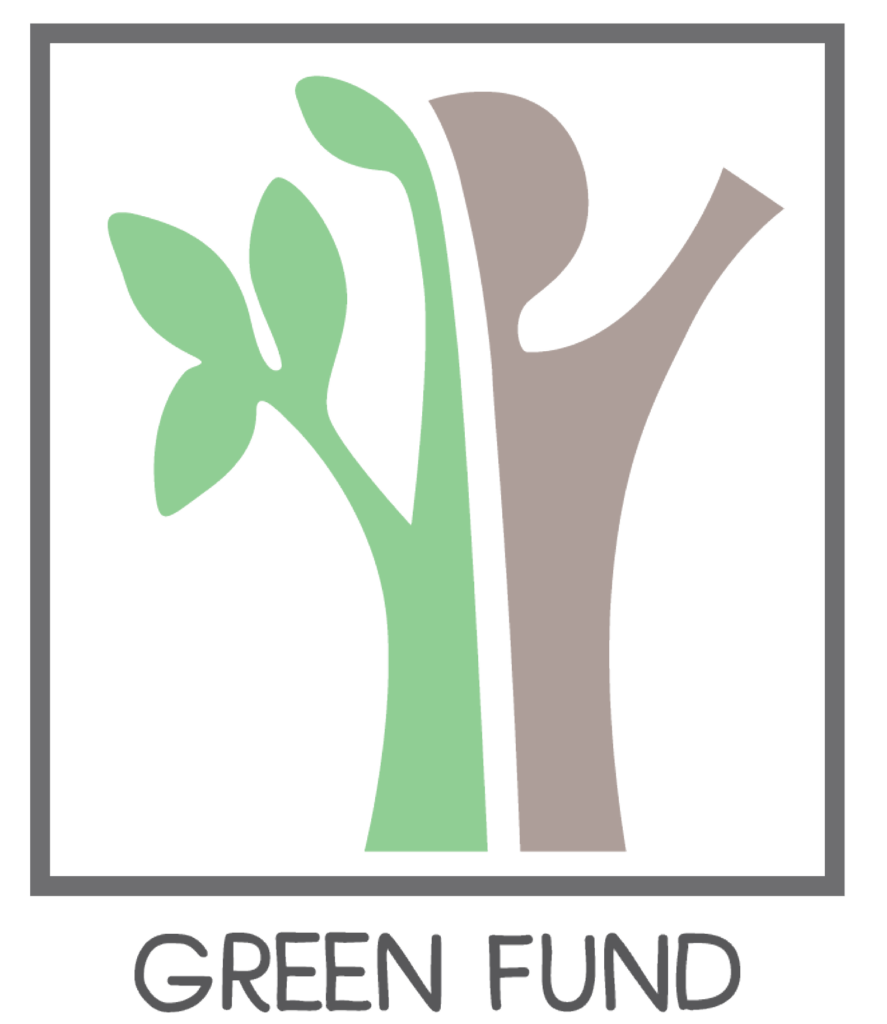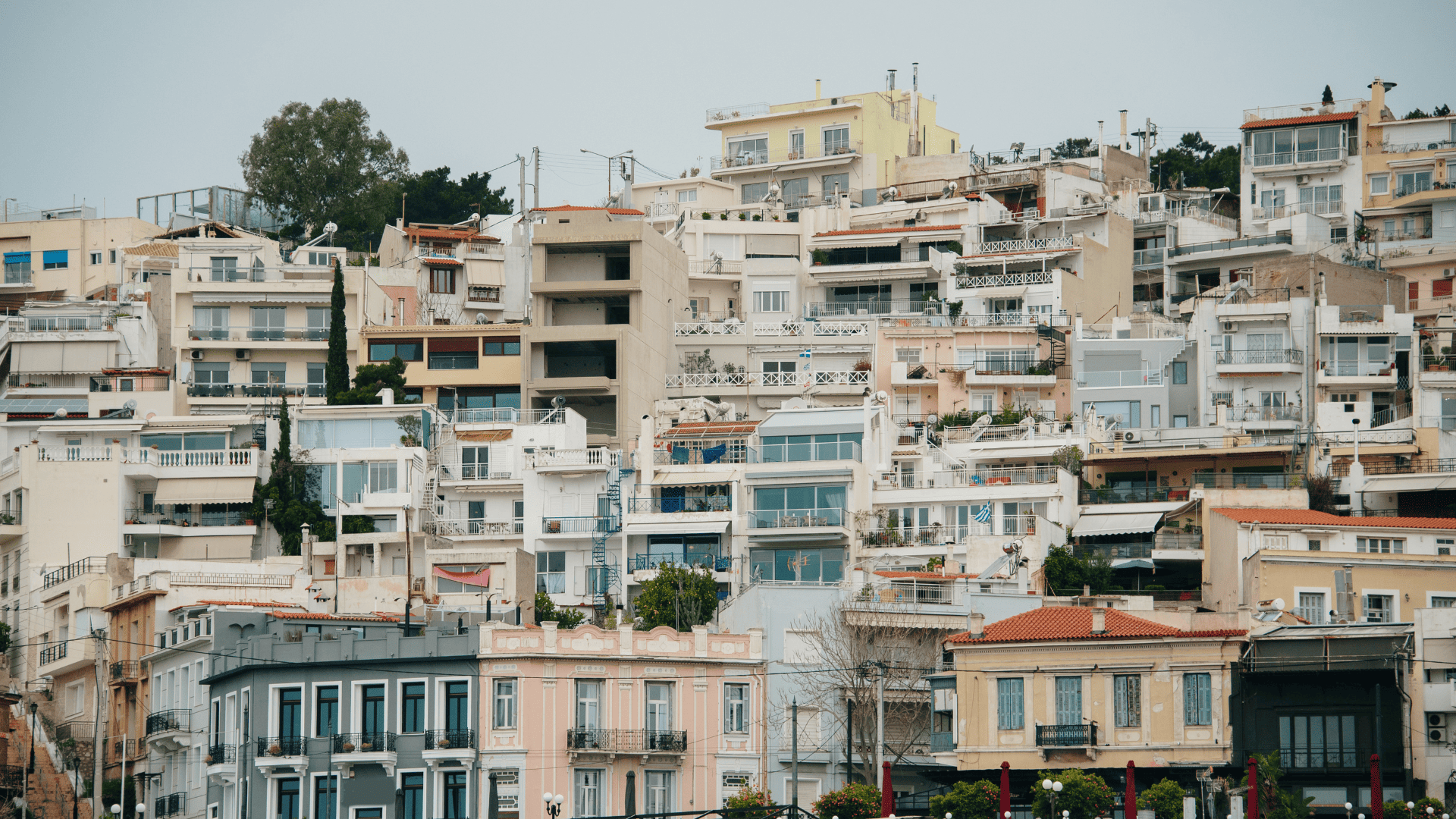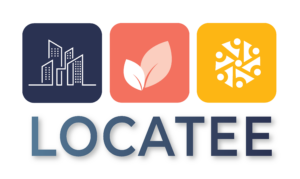Project description (EN)
LOCATEE is a three-year European project funded by the LIFE Programme that aims to support local municipalities in tackling energy poverty through the renovation of private multi-apartment buildings for vulnerable households. LOCATEE will achieve this goal by providing a toolkit for identifying energy-vulnerable households, matching tailored interventions to their needs, and integrating energy poverty alleviation activities into long-term strategies of municipalities such as Sustainable Energy and Climate Action Plans.
More specifically, LOCATEE will use administrative data to create household and building typologies to identify priority intervention locations. This process will help authorities and social partners address local energy poverty through coordinated solutions, including contact points and focus groups with housing entities, to facilitate knowledge exchange on renovation programs and targeted solutions.
LOCATEE aims to make energy poverty more visible and measurable at local and regional levels, developing and co-using a toolkit that supports stakeholders in addressing energy poverty through enhanced renovation efforts in multi-apartment buildings, especially for vulnerable households. By implementing a pilot, evidence-based approach, the project tackles financial, regulatory, social, and technical barriers to these renovations and strengthens local authorities’ roles as intermediaries in the energy transition, enabling collaborative development of targeted interventions and support initiatives for vulnerable households.
This evidence-based and collaborative approach will be implemented in three pilot municipalities in Central, Southern and Southeastern Europe: Rumia (Poland), Torres Vedras (Portugal) and Piraeus (Greece), while ensuring scaling up the LOCATEE framework to 32 more municipalities and then to further regions and municipalities in Europe.
TEESlab plays a pivotal role in direct collaboration with the Municipality of Piraeus, a full project partner, to enhance methods for measuring and monitoring energy poverty at the local level. TEESlab research and modeling works are instrumental in developing an urban monitoring system specifically designed for energy poverty assessment and actively contributes to monitoring and synthesizing key project outcomes.
The Consortium of the project includes partners from 7 Member States (Poland, Greece, Portugal, Netherlands, Austria, Slovakia and Belgium).
Budget: ~2 M. Euros
Duration: 3 years
More information: https://ibs.org.pl/en/research/locatee-local-authorities-tackling-energy-poverty-in-private-multi-apartment-buildings/

Co-funded by the European Union under n°101167621. Views and opinions expressed are however those of the author(s) only and do not necessarily reflect those of the European Union or CINEA. Neither the European Union nor the granting authority can be held responsible for them.

With the contribution of the Green Fund.
Περιγραφή έργου (EL)
Το LOCATEE είναι ευρωπαϊκό έργο συνολικής διάρκειας τριών ετών (2024-2027), χρηματοδοτούμενο από το Πρόγραμμα LIFE της Ευρωπαϊκής Επιτροπής. Βασικός του στόχος είναι η υποστήριξη των Δήμων στην αντιμετώπιση της ενεργειακής φτώχειας. Αυτό θα επιτευχθεί με την παροχή μίας εργαλειοθήκης στους Δήμους, χρήσιμη για τον εντοπισμό των νοικοκυριών που είναι ενεργειακά ευάλωτα, την αντιστοίχιση εξατομικευμένων παρεμβάσεων στις ανάγκες τους και την ενσωμάτωση δράσεων μείωσης της ενεργειακής φτώχειας στις μακροπρόθεσμες στρατηγικές των δήμων, όπως τα Σχέδια Βιώσιμης Ενέργειας και Δράσης για το Κλίμα.
Πιο συγκεκριμένα, το LOCATEE θα χρησιμοποιήσει υπάρχοντα δεδομένα για να δημιουργήσει τυπολογίες νοικοκυριών και κτιρίων, με στόχο να εντοπίσει τις περιοχές που χρειάζονται άμεσες παρεμβάσεις. Αυτή η διαδικασία θα βοηθήσει τις αρχές και τους κοινωνικούς εταίρους να αντιμετωπίσουν την ενεργειακή φτώχεια σε τοπικό επίπεδο μέσα από συντονισμένες λύσεις, όπως σημεία επαφής και συνεργασία με φορείς στέγασης, διευκολύνοντας την ανταλλαγή γνώσεων για προγράμματα ανακαίνισης και την εφαρμογή στοχευμένων λύσεων.
Σκοπός είναι να καταστεί η ενεργειακή φτώχεια πιο ορατή και μετρήσιμη σε τοπικό και περιφερειακό επίπεδο, αναπτύσσοντας και χρησιμοποιώντας από κοινού μία εργαλειοθήκη που υποστηρίζει τους εμπλεκόμενους φορείς στη διαχείριση της ενεργειακής φτώχειας μέσω ενισχυμένων προσπαθειών ανακαίνισης σε πολυκατοικίες, ειδικά για ευάλωτα νοικοκυριά. Μέσω επιστημονικά τεκμηριωμένης προσέγγισης του και τη δοκιμή του σε πιλοτικούς Δήμους, το έργο στοχεύει στην επίλυση οικονομικών, ρυθμιστικών, κοινωνικών και τεχνικών εμποδίων που εντοπίζονται κατά τη διεξαγωγή ανακαινίσεων, καθώς και στην ενίσχυση του ρόλου των τοπικών αρχών ως διαμεσολαβητών στη διαδικασία ενεργειακής μετάβασης. Έτσι, προωθεί την συνεργασία για την ανάπτυξη στοχευμένων παρεμβάσεων και δράσεων υποστήριξης για ευάλωτα νοικοκυριά.
Η προσέγγιση αυτή θα εφαρμοστεί σε τρεις πιλοτικούς Δήμους στην Κεντρική, Νότια και Νοτιοανατολική Ευρώπη: Ρούμια (Πολωνία), Τόρες Βέντρας (Πορτογαλία) και Πειραιάς (Ελλάδα), διασφαλίζοντας παράλληλα τη δυνατότητα επέκτασης του πλαισίου LOCATEE σε ακόμη 32 δήμους και στη συνέχεια σε περισσότερες περιοχές και δήμους στην Ευρώπη.
Το Εργαστήριο Τεχνοοικονομικής Ενεργειακών Συστημάτων (TEESlab) του Πανεπιστήμιου Πειραιά διαδραματίζει καθοριστικό ρόλο στη συνεργασία με τον Δήμο Πειραιά, εταίρο του έργου, για την ανάπτυξη μεθόδων μέτρησης και παρακολούθησης της ενεργειακής φτώχειας σε τοπικό επίπεδο. Το ερευνητικό έργο και η ανάπτυξη ενεργειακών μοντέλων του Εργαστηρίου αποτελούν βασικά στοιχεία για τη δημιουργία ενός συστήματος παρακολούθησης, ειδικά σχεδιασμένου για την εκτίμηση της ενεργειακής φτώχειας, και συμβάλλουν ενεργά στην αξιολόγηση και σύνθεση των βασικών αποτελεσμάτων του έργου.
Στο έργο συμμετέχουν εταίροι από 7 κράτη μέλη (Πολωνία, Ελλάδα, Πορτογαλία, Ολλανδία, Αυστρία, Σλοβακία και Βέλγιο).
Χρηματοδότηση: ~2 εκ. Ευρώ
Διάρκεια: 3 έτη
Περισσότερες πληροφορίες στην ιστοσελίδα του έργου: https://ibs.org.pl/en/research/locatee-local-authorities-tackling-energy-poverty-in-private-multi-apartment-buildings/

Συγχρηματοδοτείται από την Ευρωπαϊκή Ένωση στο πλαίσιο της συμφωνίας επιχορήγησης 101167621. Οι απόψεις και οι γνώμες που εκφράζονται είναι αποκλειστικά αυτές του/των συγγραφέα/συγγραφέων και δεν αντανακλούν απαραίτητα τις απόψεις της Ευρωπαϊκής Ένωσης ή της CINEA. Ούτε η Ευρωπαϊκή Ένωση ούτε η αρμόδια αρχή χρηματοδότησης φέρουν ευθύνη για αυτές.

Με την συνεισφορά του Πράσινου Ταμείου.


